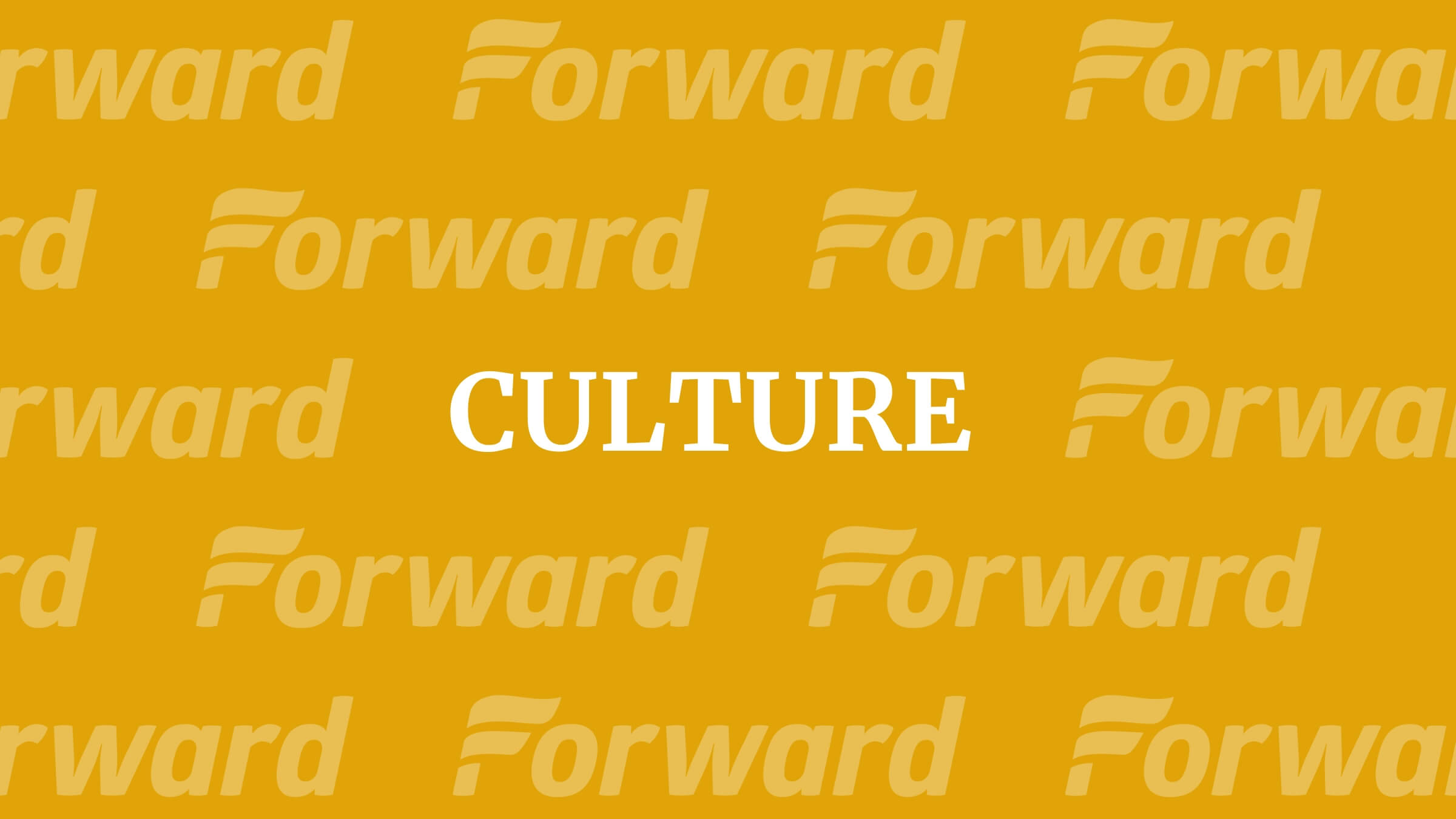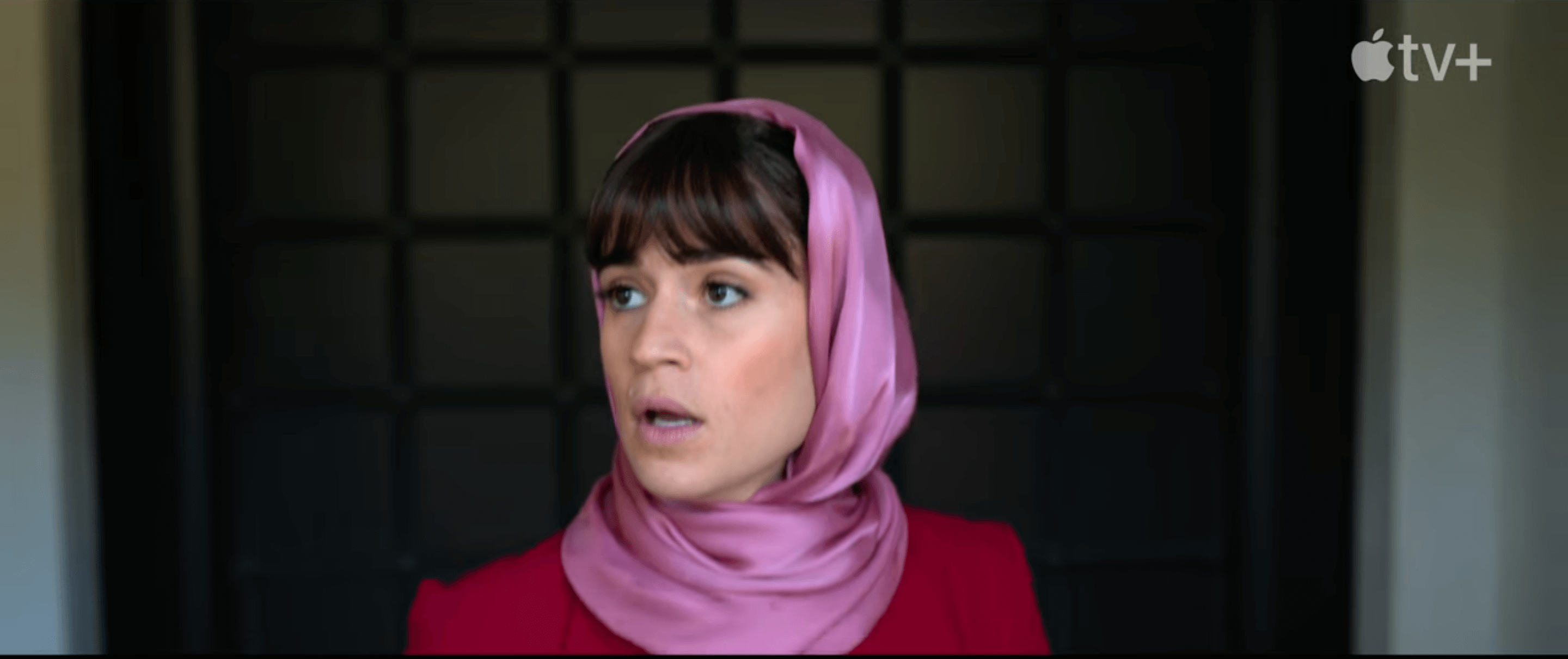‘Tehran’ gained Glenn Close but lost its Persian flavor
The show’s popularity means the new season features a big budget and serious star power, but it’s lost what made it unique.

Graphic by Angelie Zaslavsky
Most Israeli shows have a recognizable cast of characters — the same actors pop up over and over. Not so in “Tehran,” the Israeli thriller about a Mossad agent in Iran; it stars up-and-coming Israeli actress Niv Sultan and, for its second season, Glenn Close. Yes, that Glenn Close. Speaking Farsi.
It’s unlikely that the show could have attracted that level of star power if it hadn’t been bought by Apple TV+, which has been heavily advertising the show’s return for its second season — a big leap of faith for a show with barely any English on a platform that hasn’t developed the international presence of competitors such as Netflix.
It’s also, however, unclear that the show benefits from that added star power and international budget.
The first season was a classic thriller in many ways, full of Krav Maga moves and chase scenes. But like Moshe Zonder’s last big thriller, “Fauda,” it shone thanks to its well-researched history, its political elements and its characters’ nuanced motivations; while it’s clear we’re rooting for the Israelis, they’re not remotely heroic and the villain isn’t particularly cruel.
Sultan’s character, Tamar, is a hacker sent to Tehran to help Israel bomb Iran’s nuclear operations, but little time is spent on the danger of Iran’s arsenal. Instead, we see her family’s relationship to Iran, a country for which they yearn even though they fled to Israel when Tamar was a child; they still feel out of place after decades in their new home. The show also follows Tamar’s aunt who stayed behind, converting to Islam and breaking ties with her Jewish family; her daughter has become an Islamic revolutionary who hates Israel, not knowing an entire branch of her family lives there.
Plus there’s Iranian freedom fighter Milad, who harasses the regime out of love for his country, and the loyal Iranian Revolutionary Guard captain Faraz (Shaun Toub), who plays the political power games necessary to succeed in Iran, but also takes his sick wife’s calls in the middle of interrogations.
The first season wasn’t perfect — Milad somehow overcame his hatred of Israelis to fall in love with Tamar, even after she beat and imprisoned him, for example. But for a thriller that, like most entries in the genre, spent roughly 80% of its time on chase scenes, shootouts and hand-to-hand fighting, it also slipped in a surprisingly nuanced read on Iranian culture and Israeli immigrant identities.

The second season seems to leave much of this specificity behind to make things more accessible for its international audience. Close plays a familiar sort of Bond character, a dapper-yet-sinister British psychologist named Marjan who lives in Tehran and, for reasons that remain unclear, works for Israeli intelligence. The frenetic IDF control room where numerous young Israelis argued with each other has been replaced by a cold Russian-Israeli who is reminiscent of Judi Dench as M. And far more scenes are in English, presumably to appeal to the American audience of Apple TV+ and so Close didn’t have to learn too much Farsi.
As the season opens, Tamar and Milad are living under the radar, trying to flee Iran together, but when her family in Iran is hung, it provides a thin motivation for her to rejoin a Mossad mission and stay in Tehran. Subsequently, Tamar and Milad are forced to kill several people, and some Iranian police shoot a French bulldog. (So much for the nuanced villainy of season one.)
This season is also less Iranian. As Tamar infiltrates Tehran’s elites in an attempt to get close to a military leader’s son, and as the show’s budget increases, the cramped apartments of the first season are replaced with pool parties at opulent mansions — even their safe house is bright and well-decorated — and Tamar’s hijab gives way to modern bangs and a designer wardrobe. Of course, there are certainly wealthy Iranians who are able to skirt the need for modest dress and sobriety, but the ultra-wealthy are basically the same everywhere; there’s little to place the story in Tehran.
Behind the scenes, a diverse cast of Israelis, Iranians and Glenn Close came together in Athens to film, and Sultan told Variety that she learned a huge amount Iranian culture and life from filming the show.
But for the viewers, such insight has been lost. “Tehran” is no longer a show that gives insight into the frustrations of Iranian youth or the identity conflict of Israeli immigrants; it’s just a Bond ripoff with a dash of Farsi.

















